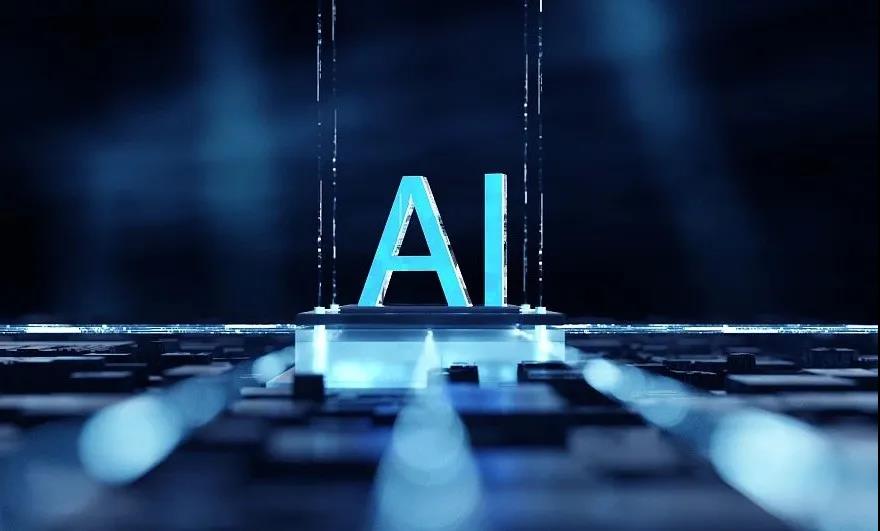Microsoft has made remarkable achievements in the field of enterprise AI agents and built the world's largest enterprise AI agent ecosystem. The editor of Downcodes will give you an in-depth analysis of how Microsoft stands out in the fierce market competition and how this technology will profoundly change the future of enterprises.
Microsoft has recently made significant progress in the field of enterprise AI agents and has established the world's largest enterprise AI agent ecosystem. Since the launch of Copilot Studio, more than 100,000 organizations have participated in the creation and editing of AI agents. This milestone marks Microsoft's leadership in enterprise technology.

Microsoft executive Charles LaManna said the growth rate exceeded expectations and was faster than any cutting-edge technology the company had previously released. He announced at the recent Ignite conference that Microsoft will allow enterprises to use 1,800 large language models (LLM) in the Azure catalog, a move that significantly enhances the intelligence capabilities of enterprises. In addition, Microsoft has introduced autonomous agents that can work independently and can automatically detect events and coordinate complex workflows with minimal human intervention.
These AI agents are software that uses generative AI to reason and perform specific business tasks, and are becoming an important tool for enterprise automation and productivity improvement. Microsoft's platform enables organizations to build a wide range of intelligence, from customer service to complex business process automation, while ensuring enterprise-grade security and governance.
Microsoft has been able to take the lead in the AI agent market thanks to its focus on enterprise needs. The company not only launched ten pre-built autonomous agents for core business functions to accelerate adoption of common enterprise use cases, but also integrated with more than 1,400 enterprise systems and data sources to ensure that the agents can access and process existing IT environments. data.
LaManna noted that employees across the enterprise are creating Copilot agents to share documents or presentations with teams or partners, allowing others to interact with the content and ask questions. Microsoft's agent architecture also emphasizes collaboration between agents rather than operating alone. For example, the sales agent can trigger the inventory agent to check the inventory status and then notify the customer service agent to update the customer information.
In terms of competition, while other tech giants are also actively investing in AI agents, Microsoft has gained an early advantage with its enterprise capabilities and broad integrations. Competitors such as Salesforce and ServiceNow have also launched their own AI agent platforms, but Microsoft still has clear advantages in terms of broad market coverage and maturity.
However, AI agent technology is still in its early stages, and large language models can be prone to false information and need to be carefully managed to avoid dead cycles or unnecessary costs. Nonetheless, enterprises are gradually moving from the experimental stage to fully deploying AI agent technology, a trend that will profoundly change the enterprise's IT architecture.
All in all, Microsoft's leading position in the field of enterprise AI agents is inseparable from its precise grasp of enterprise needs and strong technical strength. Although challenges still exist, AI agents have great potential for future development and will continue to reshape enterprise operating models. The editor of Downcodes will continue to pay attention to the development trends in this field, so stay tuned!